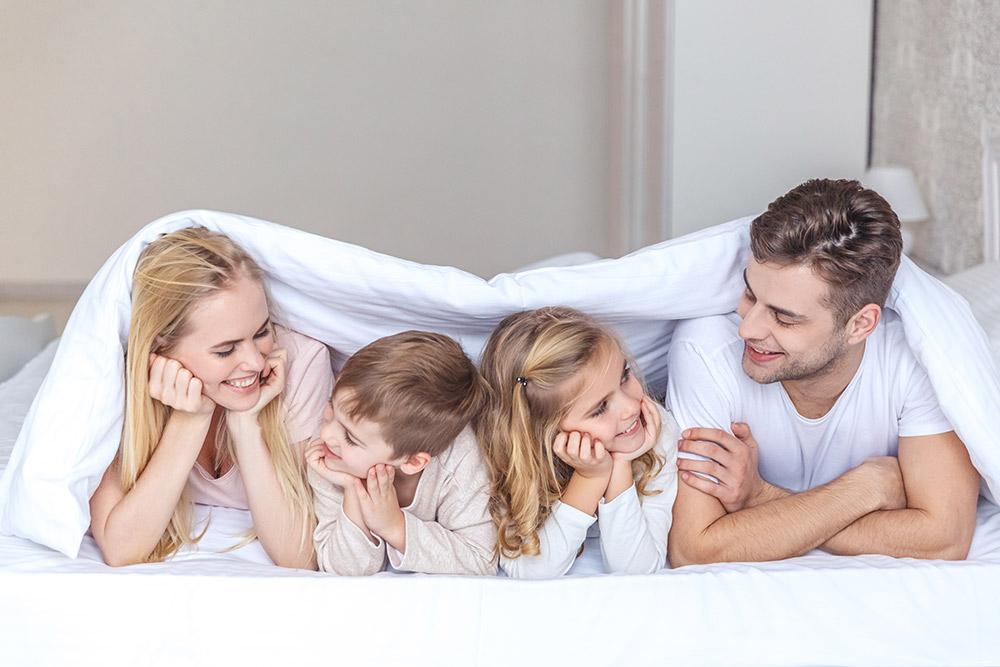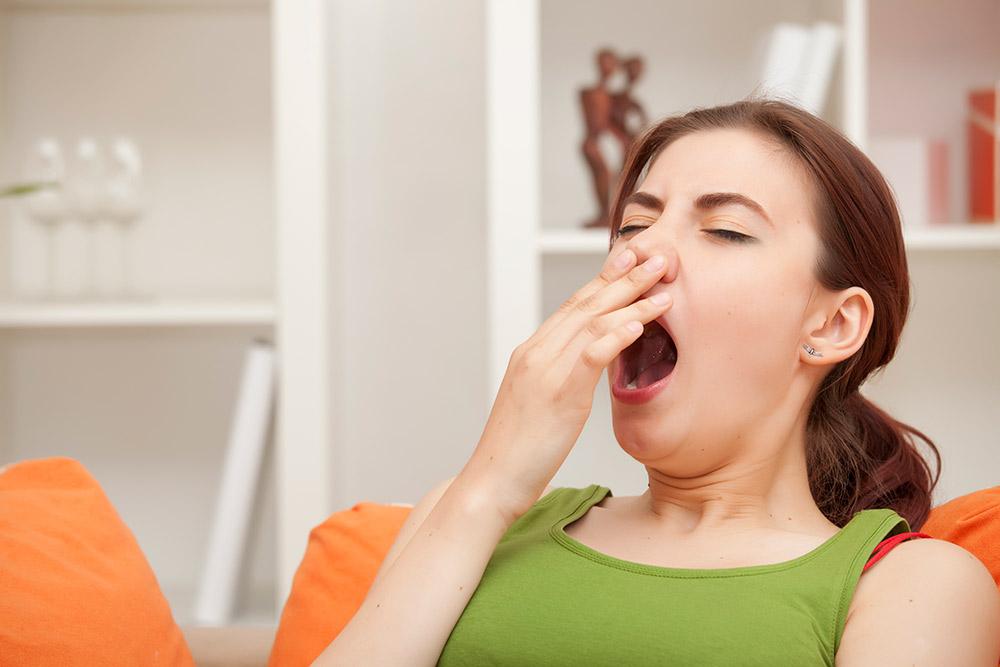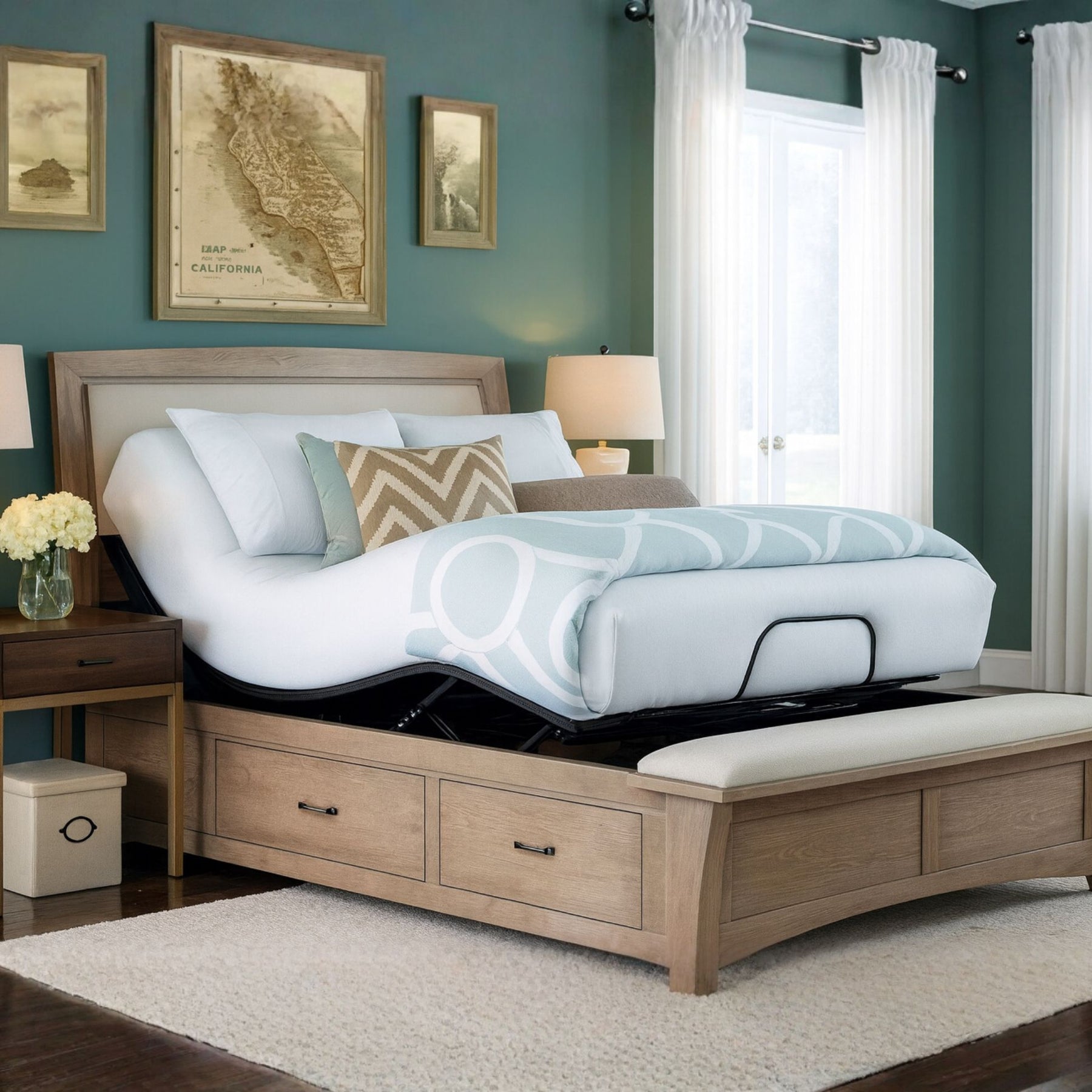As we get older, certain things change about our lives. Our bodies change as does our taste, and hormones. If you have older people around, you would know that one major complaint is enjoying a good night's sleep. Many of them have their night sleep disturbed by frequent waking and many times, they are awake much earlier than usual.
Most elderly people tend to feel sleepier towards evenings but do not sleep as deeply as they used to when they were much younger. Arguably, good sleep is just as good for the elderly as it is for the younger person. So it is generally advisable that they get between seven to nine hours of sleep, except they feel they need more after waking.
Thus, if your senior wakes up feeling cranky or having an attention problem, you might want to check on their sleeping pattern and habit. Other issues such as depression, memory problems, and serious health issues such as cardiovascular diseases can arise from not having enough sleep. If you are planning on buying a new bed, there are a number of sleep number competitors out there providing a range of high quality beds.
Usually, several factors can cause sleeping problems for older people. Yes, aging could affect sleep but then, you do not just conclude when you or a senior you care for complains insomnia. In this article, we walk you through what could cause sleep problems for your older person giving you a pointer to manage it.
Factors that affect sleep in older people
To help your older person or yourself get the right amount of sleep, it is wise to consider the underlying factor causing the insomnia. Many of these factors exist independently from the fact that you are getting older.
However, with a reduction in body hormones due to aging, these could be amplified. Some of these are;
Illness and medical conditionsMany elderly people may not have sleep disorders but the presence of some underlying medical conditions could make enjoying sleep difficult. To these adults in pain, sleep may be more torturing than palatable.
Medical conditions such as heart failure, obstructive pulmonary disease, body pain, diabetes, asthma, osteoporosis, gastroesophageal reflux disease, arthritis, Alzheimer’s, and Parkinson’s, could make sleep difficult. People suffering from urinary problems may also have their sleep disturbed by frequent waking during the night.
Asides from hidden illnesses and medical conditions, people who have had sleep-related breathing disorders for a while might have difficulties enjoying sleep. One common sleep-related breathing disorder is sleep apnea. This can make breathing while sleeping very uncomfortable and consequently interruptions during night sleep.
For those in this situation, treating a lack of sleep instead of tackling the root of the issue would not be so effective.
MedicationsWe have earlier mentioned that aging comes with a lot of body changes. To tackle this, many seniors are on more medications than young people are. These drugs or the combination of these drugs could affect sleep habits as a side effect.
For instance, medications that contain antidepressants would keep elderly people awake whereas those with antihistamines could make a person drowsy during the day.
If you notice your sleep is interrupted when you take certain medications, a wise thing to do would be to report to your doctor. Your doctor might help recommend something else that would not hamper your sleep.
RetirementWhile retirement is celebrated as the golden part of life, many retirees find it difficult to enjoy deep sleep. Retirement has been linked to many insomnias amongst older people.
For a large part of our lives, we maintain a consistent wake time from Monday through Friday. This pattern has created a habit and consciousness in our minds of what time to sleep and what time to be awake over the years.
When retirement comes, although the alarm clock may be silent, the body is already accustomed to this habit. Thus sleeping in might become the new norm. The downside of sleeping in is the effect it has on sleep at night.
In some other cases, some retirees might find it difficult to sleep long hours. Since retirement brings a lot of free time, many older people have restricted activities during the daytime and less physical and social activities. At this time, they spend extra time on the bed and this can contribute to reduced quality of sleep.
For this, activities on the bed could be reduced so that the mind focuses straight on sleep while on the bed.
Conditioned or learned insomniaLearned insomnia or psychophysiological insomnia is one of the common types of insomnia. It's more of a mind thing where the person is worried about not getting enough sleep. Older people who have had difficulty sleeping at some points might feel anxious about sleeping at night.
It is learned and naturally can be unlearned with the right assistance. One way to help your seniors is to remove stimulants from them at least 3 or 4 hours before bedtime. Encourage them to have regular exercise and follow a sleeping and waking time.
With aging comes changes in the body's needs. Sleep offers immense benefits to the body and the mind. Sadly, as we grow older, it is not uncommon to have our sleep disturbed. Older people are more prone to frequent waking at night.
The notion that older people need less sleep than young people is wrong. Inadequate sleep could create or contribute to existing health and mental problems for seniors.
Insomnia is caused by many factors, many of which are usually overlooked and just lack of sleep tackled. In this article, we have shown you several factors that could make your elderly person not get enough sleep.






















